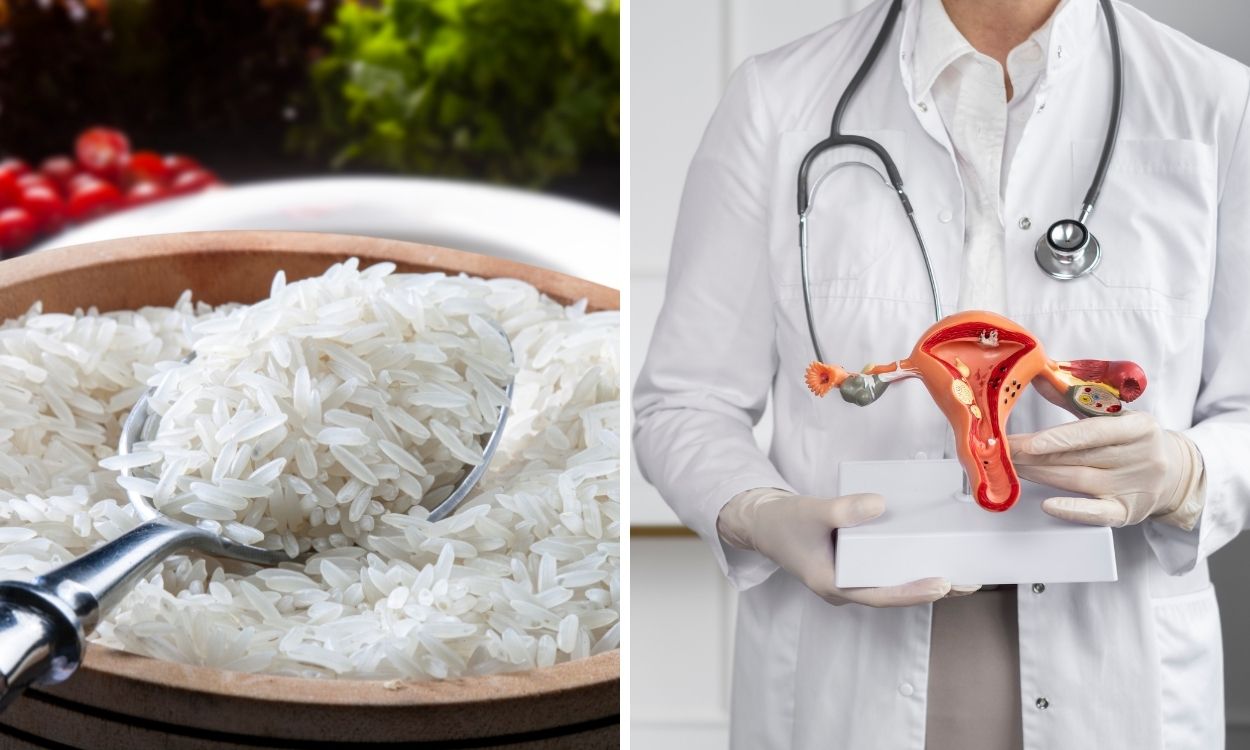Rice and Menopause: How it can help with Symptom Relief and Hormonal Balance
Menopause is a natural biological process that marks the end of a woman’s reproductive years. It is a time when the body undergoes significant hormonal changes, which can lead to a range of symptoms such as hot flashes, night sweats, mood swings, and weight gain. While there is no cure for menopause, there are ways to manage its symptoms and improve overall health. One such way is through the consumption of rice.
Rice is a staple food in many parts of the world, including India. It is a rich source of carbohydrates, fiber, vitamins, and minerals. Rice is also low in fat and cholesterol, making it an ideal food for those looking to maintain a healthy weight and reduce the risk of heart disease.
But how can rice help with menopause symptoms and hormonal balance? Let’s take a closer look.
- Phytoestrogens: Rice is a rich source of phytoestrogens, which are plant-based compounds that mimic the effects of estrogen in the body. Estrogen is a hormone that declines during menopause, leading to many of its symptoms. Phytoestrogens can help to alleviate these symptoms by binding to estrogen receptors in the body and providing some of the benefits of estrogen.
- Fiber: Rice is high in fiber, which can help to regulate bowel movements and reduce the risk of constipation. Constipation is a common symptom of menopause, and it can be uncomfortable and even painful. By consuming fiber-rich foods like rice, women can improve their digestive health and reduce the risk of constipation.
- Nutrients: Rice is a good source of several nutrients that are important for overall health, including B vitamins, iron, and magnesium. These nutrients can help to support the immune system, improve energy levels, and reduce the risk of anemia.
- Low Glycemic Index: Rice has a low glycemic index, which means that it does not cause a rapid spike in blood sugar levels. This is important for women with menopause, as they may be at an increased risk of developing type 2 diabetes. By consuming low glycemic index foods like rice, women can help to regulate their blood sugar levels and reduce the risk of diabetes.
In conclusion, rice can be a valuable addition to a woman’s diet during menopause. It is a rich source of phytoestrogens, fiber, nutrients, and has a low glycemic index. By consuming rice regularly, women can help to manage their menopause symptoms, improve their overall health, and reduce the risk of chronic diseases. To get started on your journey towards better health, download the Fitpaa app today and get a personalized Fitpaa Capsule based on your metabolism, health & fitness goal, current lifestyle, and eating habits.









